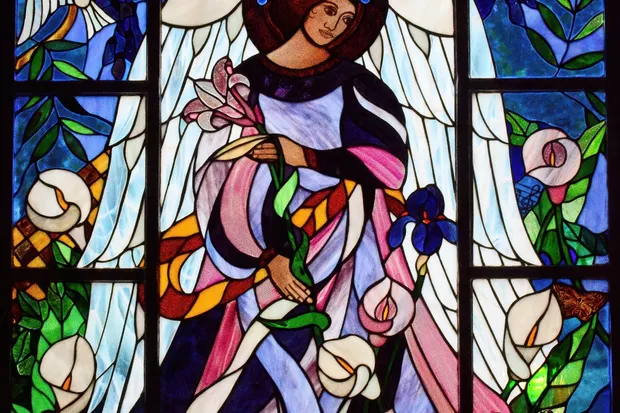From the Junior School head's desk: 20 May 2022

With the school play (Grades 1 to 7) scheduled for performance at the end of the term, as well as a full menu of academic, sport, cultural and community activities on the go, the idea of collaboration is very much on my mind. We use the term widely in schools, attach an absolute value to it, and create opportunities to observe and assess it across a range of disciplines. Its inclusion in the list of 21st century skills (as cited on stemeducationjournal.springeropen.com) confirms its undisputed power to “enhance knowledge building and problem solving”.
While it is not my intention to question the good reputation of collaboration – despite its complicated definition as both comradely and traitorous co-operation – I do think we are quick to forget just how difficult effective collaboration is to achieve. A few years ago, a Junior School parent sensibly pointed out the necessity of always assigning roles in collaborative projects so that each member of the group could assume some accountability in managing and completing the task. It seems an obvious insight, but I have watched how often collaborative tasks involving adults founder on this very point.
And speaking of watching, it is the spectacle of creativity (another 21st century skill) that most brings home how testing collaboration can be for everyone involved. My point of reference at the moment is Peter Jackson’s The Beatles: Get Back, which documents the band’s recording sessions in January 1969. I am, admittedly, only one episode into the series, but so far, what I have seen reflects more of the tedium and strain attendant on collaboration and fewer of what online journalist Ben Lindbergh describes as “magical moments when inspiration strikes”.
When tackling the question of who comes out of the documentary looking the best, Lindbergh’s observations on Paul McCartney’s “ambitious vision” and “indomitable work ethic” are interesting; more interesting still is his assessment of drummer Ringo Starr’s contribution: “He showed up on time, open to input and prepared to play. […] Ringo was the glue guy and an invaluable buffer between the more combative Beatles.”
The list of behaviours attributed to Ringo are modest in comparison to Paul’s, but practically speaking, invaluable. Anyone who has attempted to work collaboratively will recognise the importance of consistency and open-mindedness – and glue. What all organisations, including St Mary’s, need to continue getting better at is formally recognising the merit in the Ringo approach, celebrating it, and rewarding it. While we cannot do without the Pauls of the group, we could also do with acknowledging and documenting how the steadfastness of the Ringos creates the climate in which creativity thrives.
Coming full circle, then, the success of the Junior School play rests on the felicitous collaboration of teachers and girls (and both of these groups with each other), and parents. Never about individual performances only, a production on this scale requires a fascinating mix of harmony and tension to achieve its full potential, and to unleash the unforgettable magic that certain combinations of performers and audiences make together.
While the process is inarguably exciting, it includes its moments of tedium and discord. My thanks, to all the Ringos on the team who, with their mellow temperament and expansive sense of humour, are already making things easier. I see you.
SARAH WARNER
JUNIOR SCHOOL HEADMISTRESS
The photograph below is a still taken from American band Ok Go’s video This Too Shall Pass.
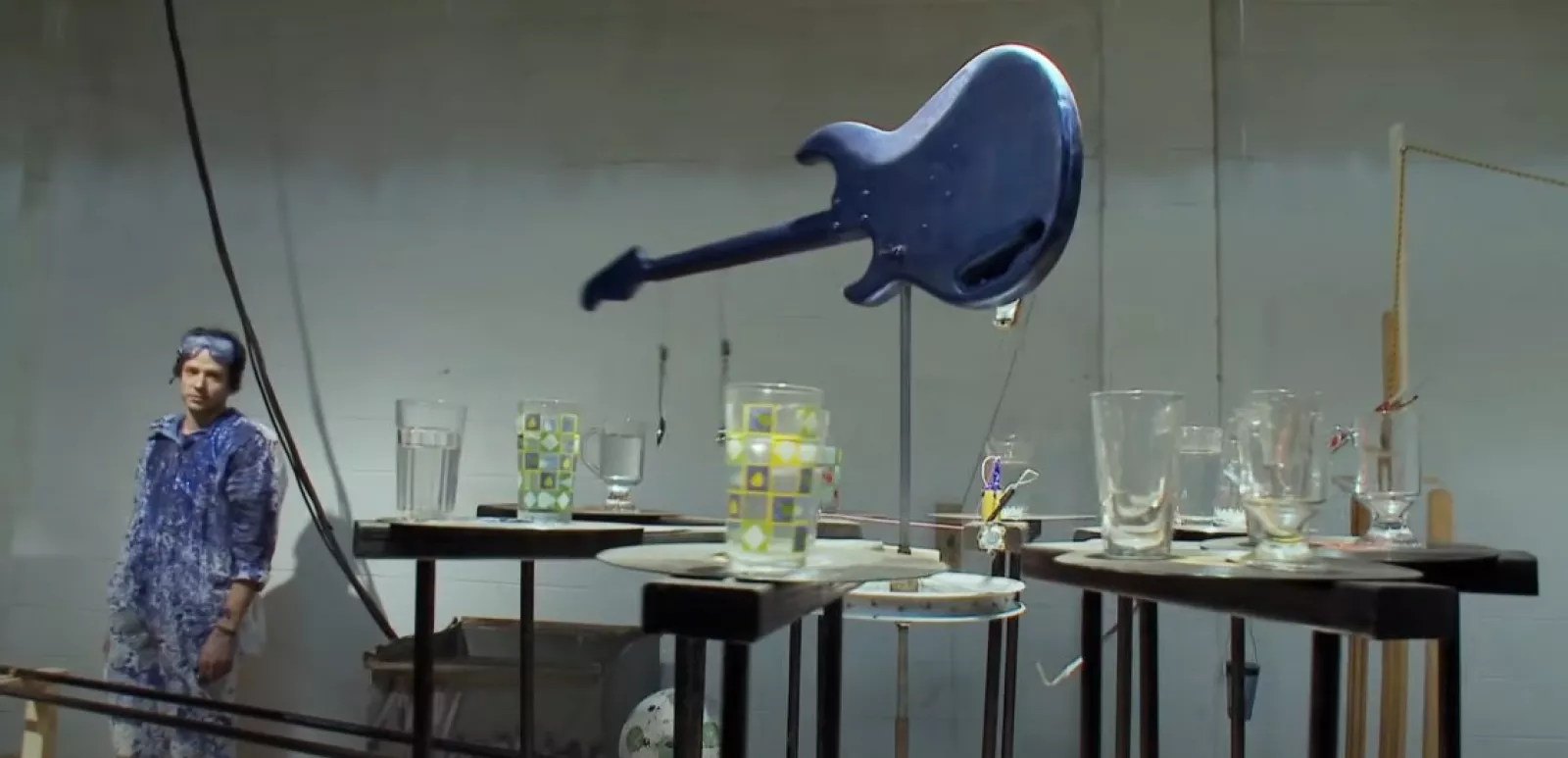
The Senior Primary girls watched the below clip as part of an assembly on the complexity of successful collaboration.
Related News
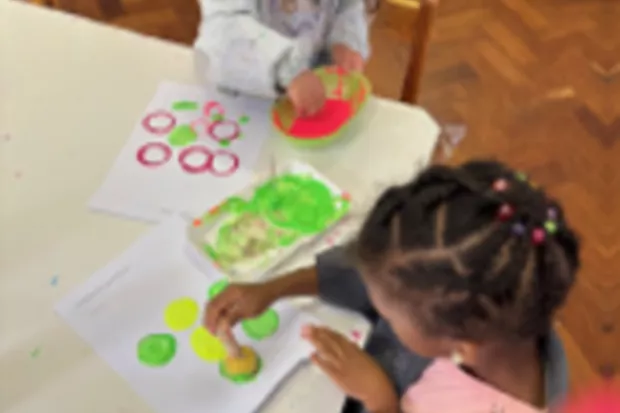
Little Saints News
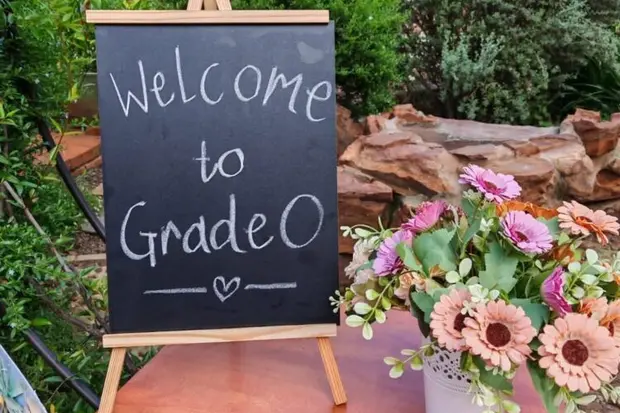
Grade 0 News
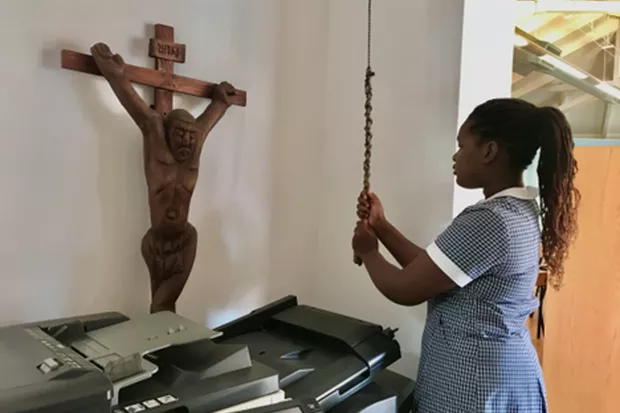
Grade 7 News
